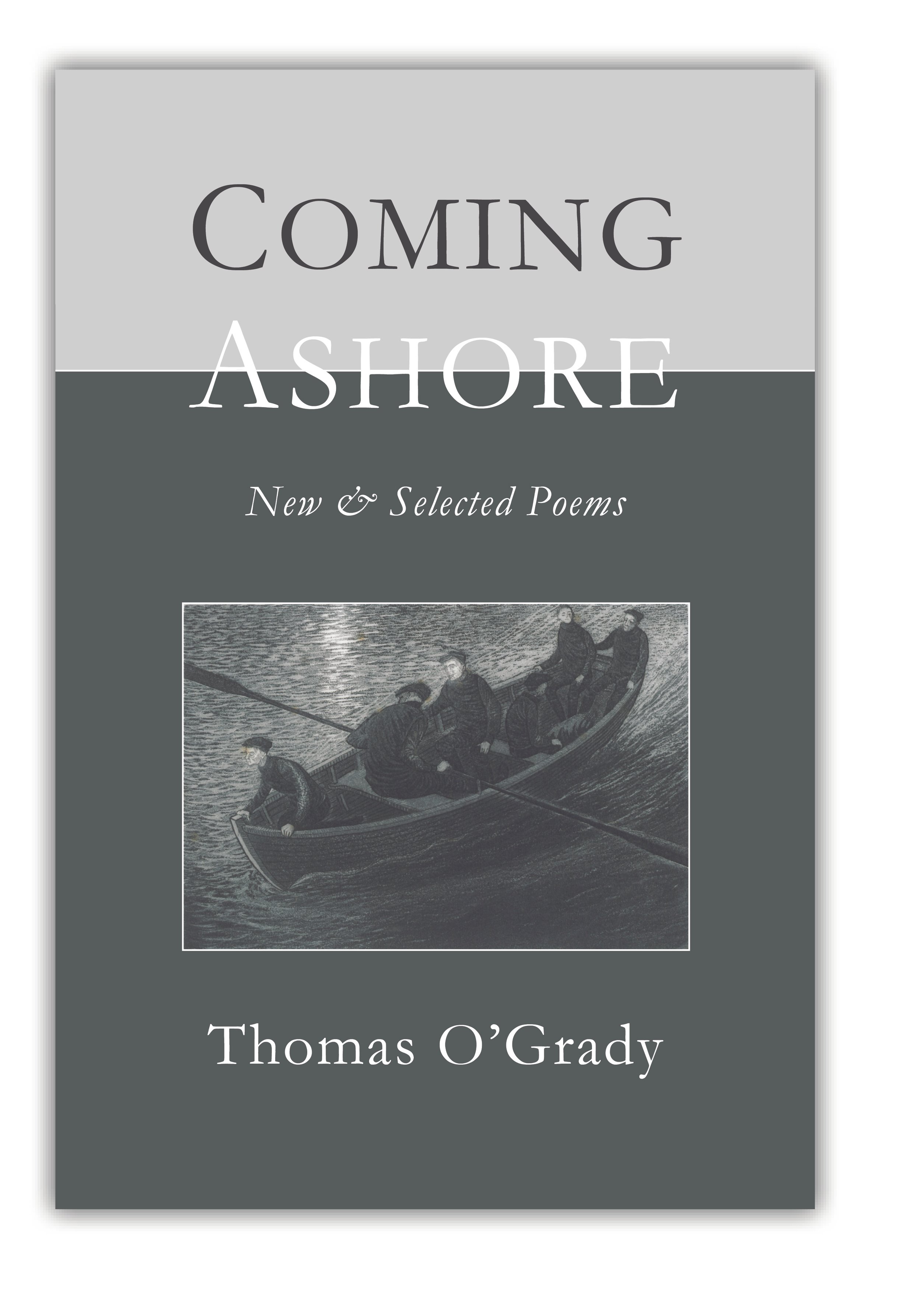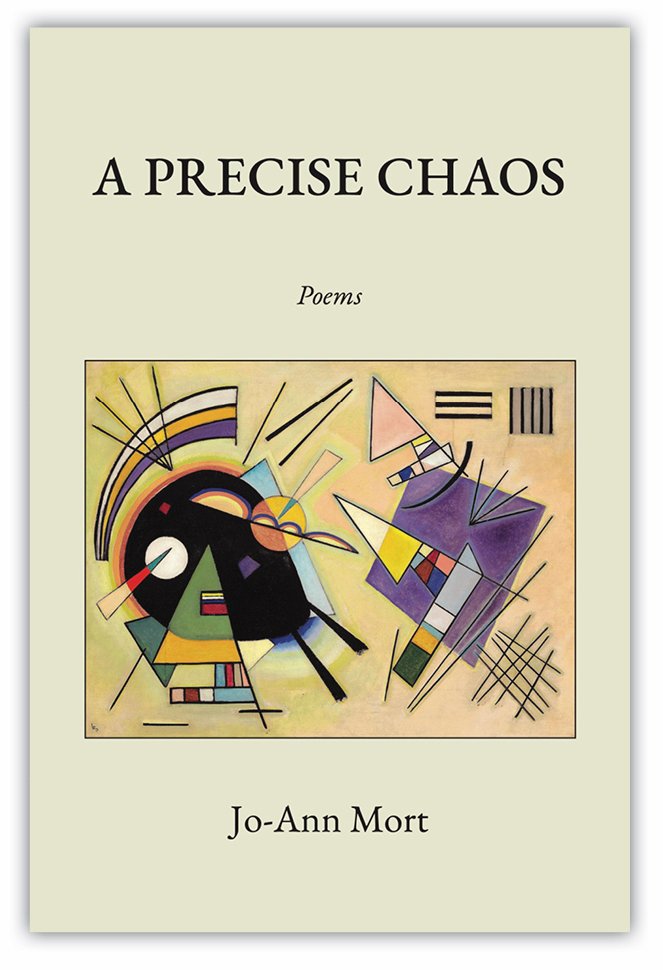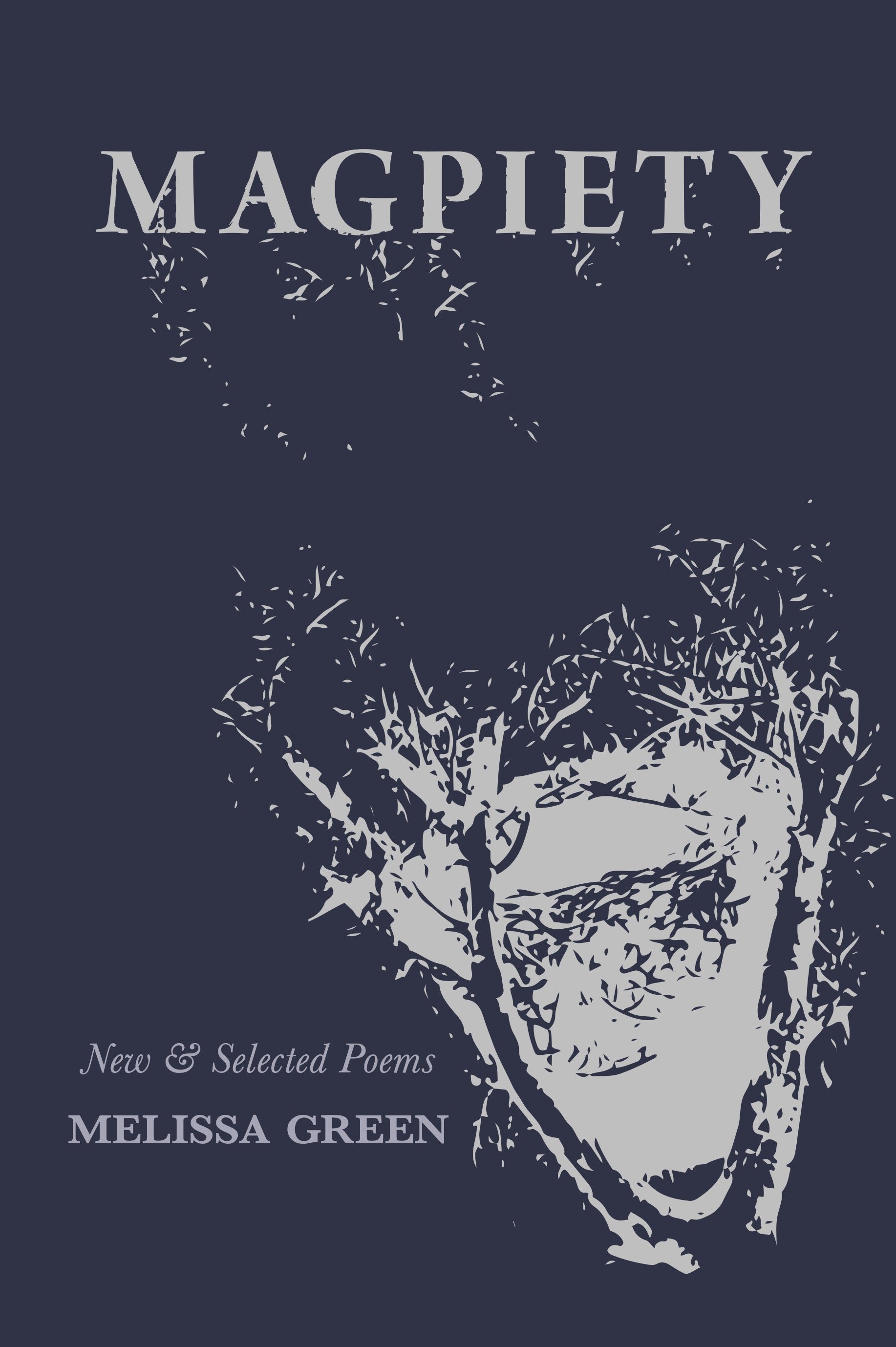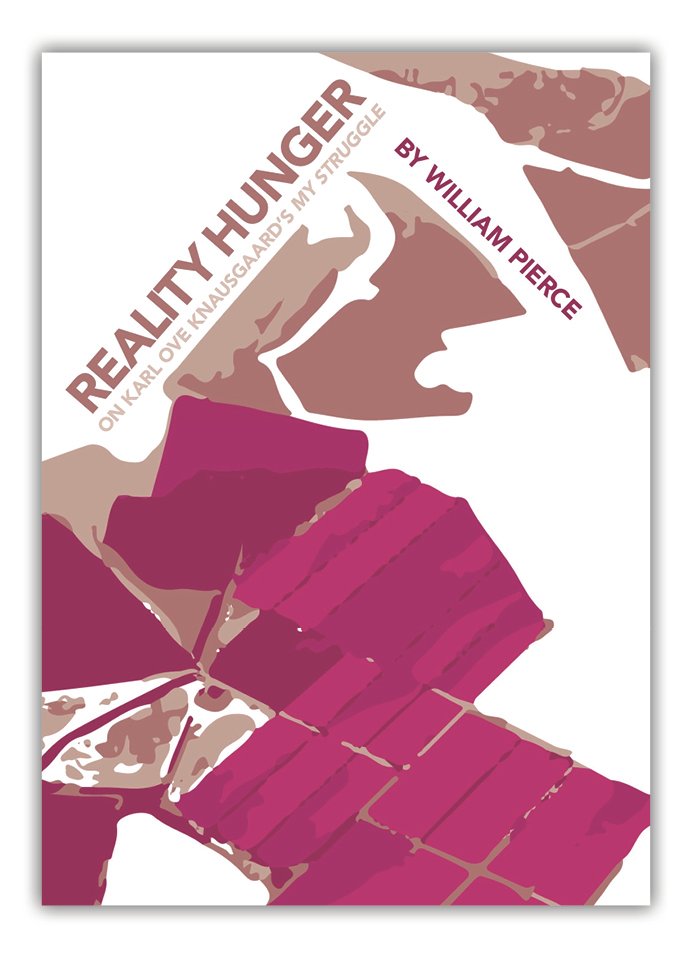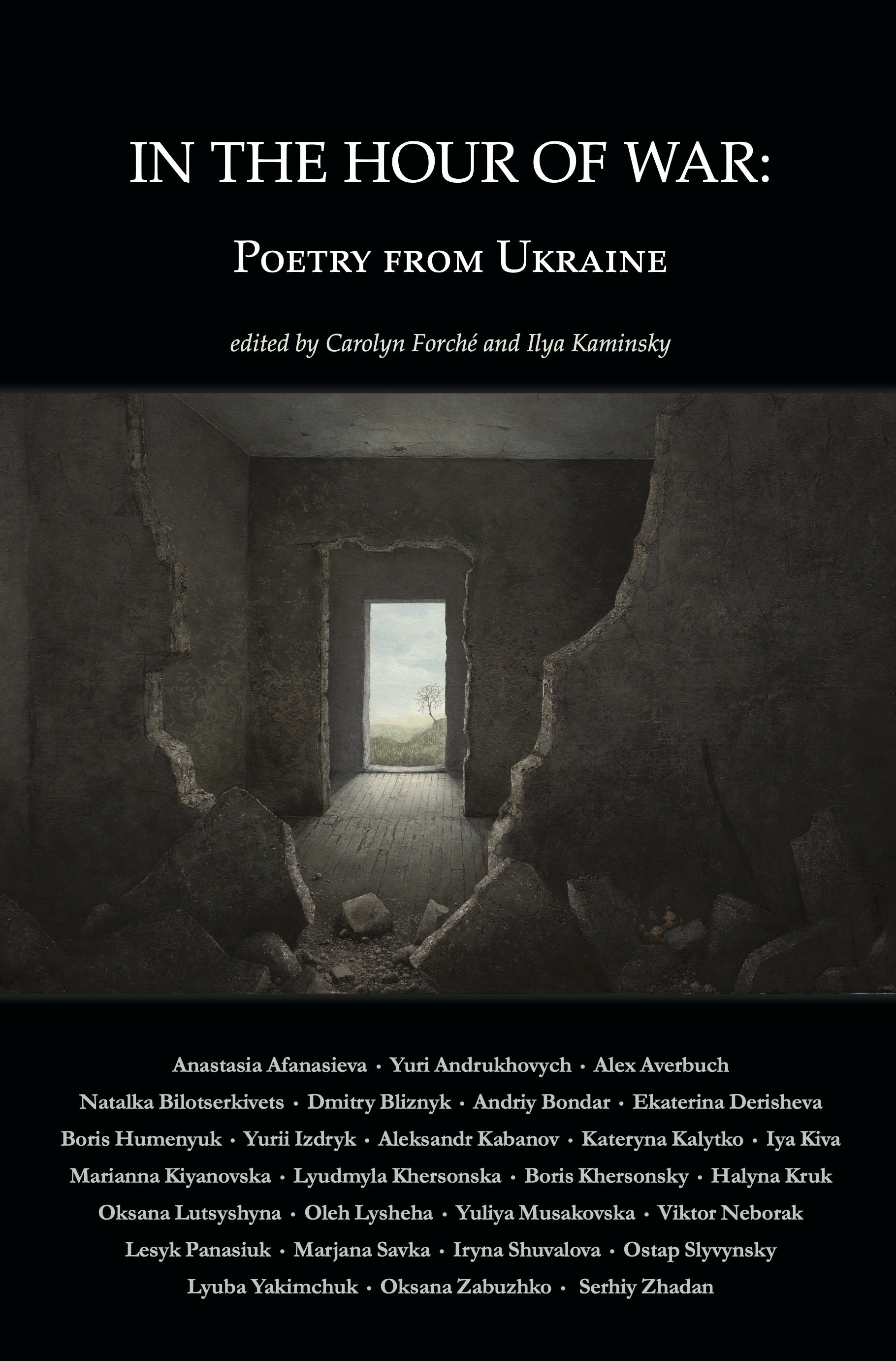 Image 1 of
Image 1 of


In the Hour of War: Poems from Ukraine
“This is the silence before the explosion, between volleys of rifle fire, the silence of foreboding, of fear and insomnia, and the silence of complicity. The poems were written in the hour of war, in the lyrics of passing through fire....” So write the editors, two of America’s most significant poets, Carolyn Forché and Ilya Kaminsky, in their introduction.
Ukraine may be the only country on earth that owes its existence, at least in part, to a poet. Ever since the appearance of Taras Shevchenko’s Kobzar in 1840, poetry has played an outsized role in Ukrainian culture. “Our anthology begins: Letters of the alphabet go to war and ends with I am writing/ and all my people are writing,” note the editors. “It includes poets whose work is known to thousands of people, who are translated into dozens of languages, as well as those who are relatively unknown in the West.”
These poems offer a startling look at the way language both affects and reflects the realities of war and extremity. The volume is sure to become the classic text marking not only one of the darkest periods in Ukrainian history, but also a significant moment in the universal struggle for democracy and human rights.
“This is the silence before the explosion, between volleys of rifle fire, the silence of foreboding, of fear and insomnia, and the silence of complicity. The poems were written in the hour of war, in the lyrics of passing through fire....” So write the editors, two of America’s most significant poets, Carolyn Forché and Ilya Kaminsky, in their introduction.
Ukraine may be the only country on earth that owes its existence, at least in part, to a poet. Ever since the appearance of Taras Shevchenko’s Kobzar in 1840, poetry has played an outsized role in Ukrainian culture. “Our anthology begins: Letters of the alphabet go to war and ends with I am writing/ and all my people are writing,” note the editors. “It includes poets whose work is known to thousands of people, who are translated into dozens of languages, as well as those who are relatively unknown in the West.”
These poems offer a startling look at the way language both affects and reflects the realities of war and extremity. The volume is sure to become the classic text marking not only one of the darkest periods in Ukrainian history, but also a significant moment in the universal struggle for democracy and human rights.
“This is the silence before the explosion, between volleys of rifle fire, the silence of foreboding, of fear and insomnia, and the silence of complicity. The poems were written in the hour of war, in the lyrics of passing through fire....” So write the editors, two of America’s most significant poets, Carolyn Forché and Ilya Kaminsky, in their introduction.
Ukraine may be the only country on earth that owes its existence, at least in part, to a poet. Ever since the appearance of Taras Shevchenko’s Kobzar in 1840, poetry has played an outsized role in Ukrainian culture. “Our anthology begins: Letters of the alphabet go to war and ends with I am writing/ and all my people are writing,” note the editors. “It includes poets whose work is known to thousands of people, who are translated into dozens of languages, as well as those who are relatively unknown in the West.”
These poems offer a startling look at the way language both affects and reflects the realities of war and extremity. The volume is sure to become the classic text marking not only one of the darkest periods in Ukrainian history, but also a significant moment in the universal struggle for democracy and human rights.

